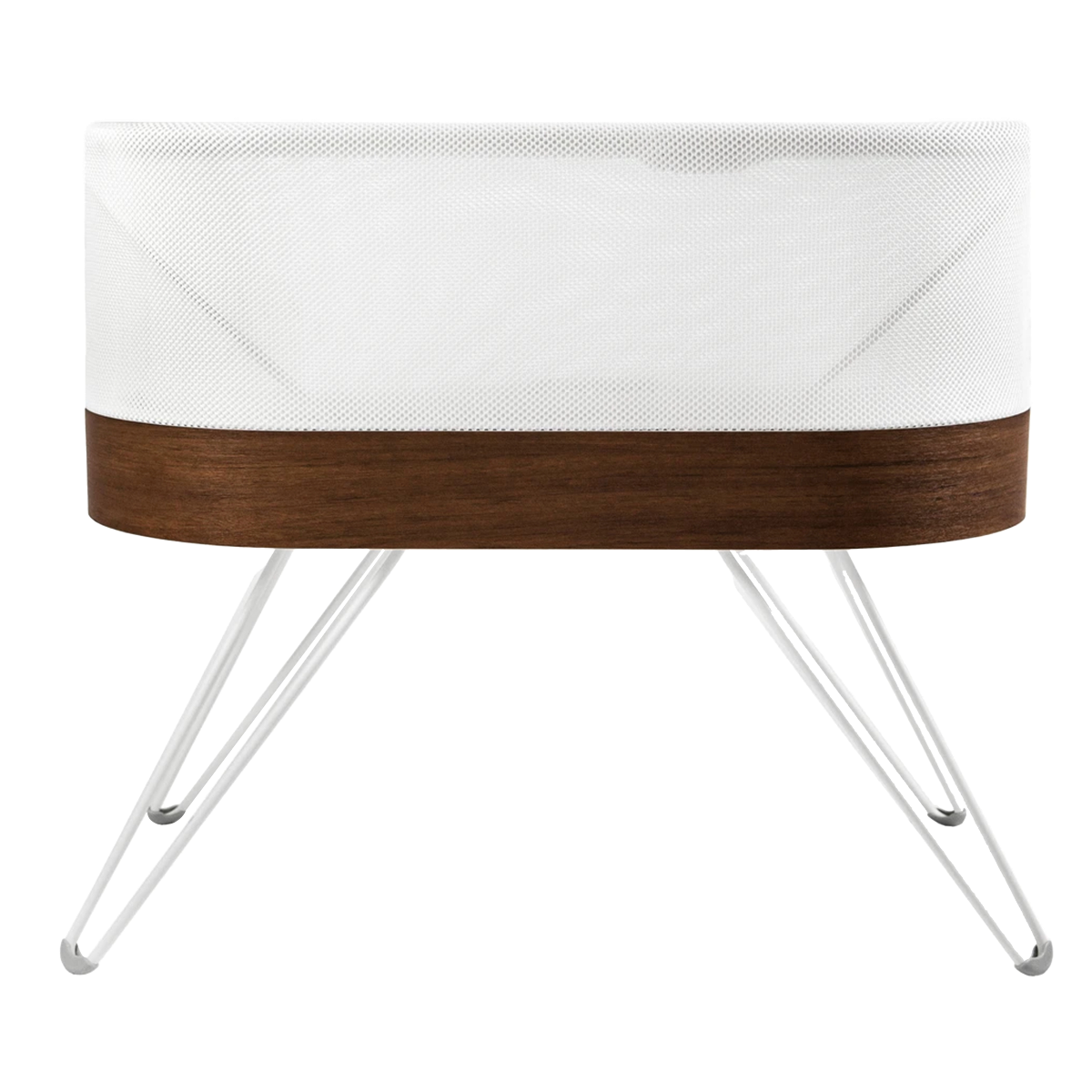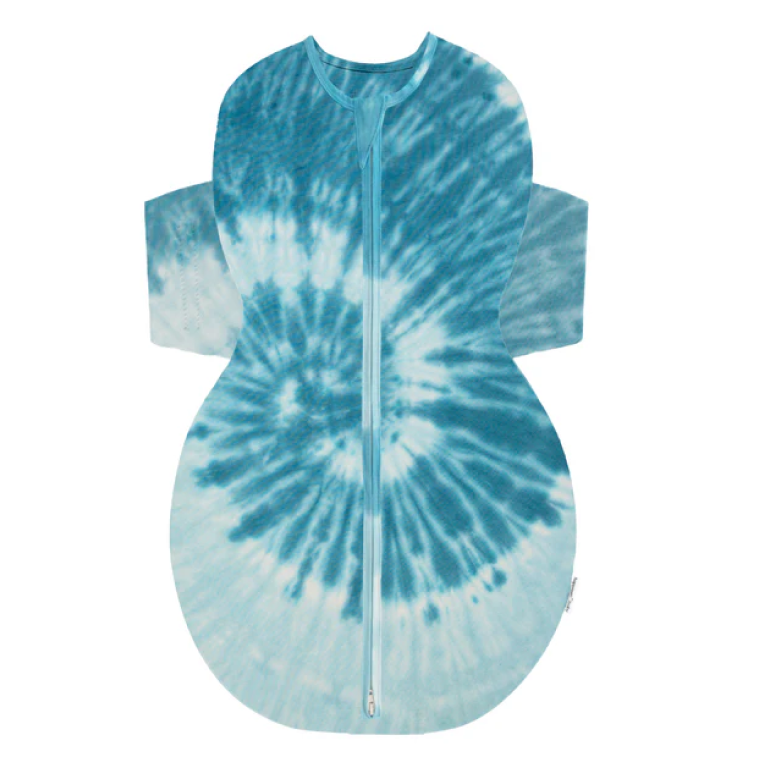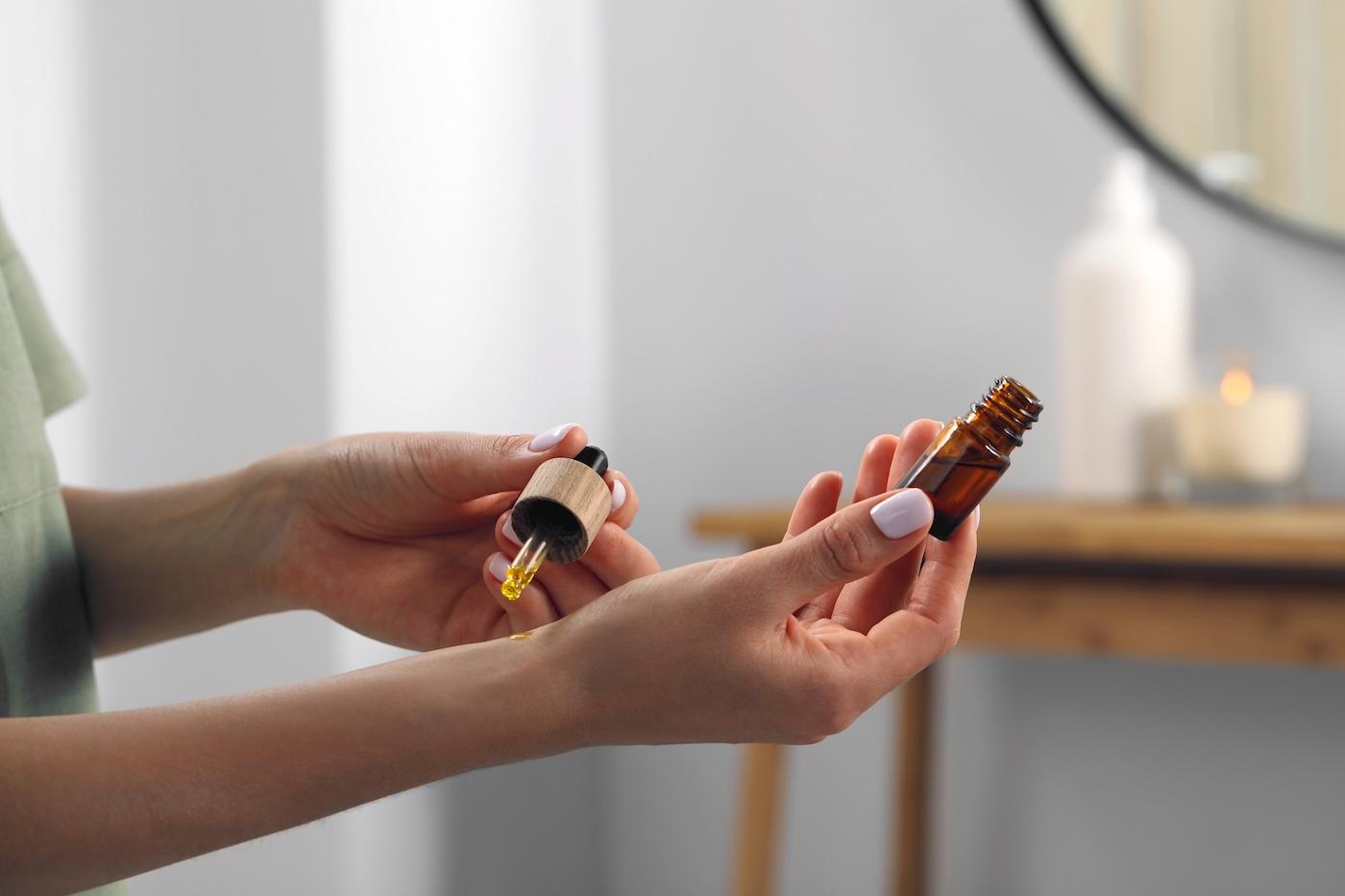PREGNANCY
1 Week Pregnant: What It Actually Means!
Period symptoms or pregnancy symptoms? Your need-to-know on being one week pregnant.

Written by
Happiest Baby Staff

1 Week Pregnant: Baby Update
Here’s your first introduction to the head-scratching reality of parenthood: At one week pregnant, you aren’t actually pregnant yet! In fact, you probably have your period. So, you might be wondering…why? Here’s your answer: Once you become pregnant, your healthcare provider calculates your due date from the first day of your last menstrual period (LMP). That means, the countdown to giving birth at 40 weeks pregnant starts right now, roughly two weeks before you conceive your baby. (If you’ve already gotten a positive pregnancy test, you’re at least four weeks pregnant—here’s what to expect in week 4 of pregnancy!)
1 Week Pregnant: What to Expect
While baby-making is still a few weeks away, your body is already getting ready for your baby-to-be! After three to seven days of your period, your ovaries jump into action preparing the next egg to be released during ovulation. At the same time, your uterine lining begins to thicken so that it can snag and hold onto that egg once it’s fertilized.
1 Week Pregnant Symptoms
Those pregnancy symptoms you’re feeling are really…menstrual symptoms! If you’re prone to period aches, pains, and bloat you’ll be feeling them this week. Your week one “pregnancy” symptoms may include:
-
Acne - Bloating
- Breast tenderness
- Cramps
- Cravings
- Fatigue
- Headache
- Moodiness
- Trouble sleeping
1 Week Pregnant: To-Do List
-
Start taking prenatal vitamins. If you haven’t already added prenatal vitamins to your daily routine, now’s the time to start! According to the American College of Obstetricians and Gynecologists (ACOG), you should take a once-a-day prenatal vitamins before—and throughout—pregnancy. For one, these specially designed supplements contain the right amount of folic acid to help protect against neural tube defects. Bonus: Starting prenatal vitamins before you conceive may help reduce pregnancy-related nausea and vomiting, notes ACOG. (Learn more about picking the perfect prenatal vitamin.) - Stop smoking. Research has shown that even very light cigarette smoking (as few as one a day) during your first or second trimester is associated with increased risks of preterm birth. The good news? Quitting before you become pregnant—regardless of how much you smoked—recalibrates your risk of preterm birth to be on-par with nonsmokers.
- Quit other substances. If you’re into cannabis (in any form), it’s recommended that you stop smoking or ingesting it before pregnancy. Not only can chronic marijuana use negatively affect your reproductive hormone levels, research shows that prenatal marijuana use may be associated with preterm birth, decreased birth weight, and neonatal ICU admissions. While you’re kicking habits, know that alcohol and illegal drug use can cause serious problems for your pregnancy and your baby and should be stopped ASAP.
- Talk to your doc about your medications. Are you currently on any prescription (or nonprescription) medications or supplements? Talk to your healthcare provider about precautions or drug swaps you may need to consider now or once you’re pregnant. But whatever you do, don’t give up a prescription cold turkey without speaking to your physician first.
- Time sex right! Remember, you aren’t pregnant yet! Ovulation occurs roughly 14 days before your period begins. However, because sperm can live for up to five days and an egg can survive for up to 24 hours, you have a six-day high-fertility window. Experts recommend having sex every day—or every other day—during this six-day stretch. To figure out when you’re most fertile, you’ll need to know the first day of your last menstrual period (LMP) and the normal length of your cycle. For example, if your period starts on January 1, that’s day 1. And if your cycle is normally 26 days long, then you probably ovulate around day 12, or January 12. (That’s 26-14=12). This puts your fertile window between January 6th and January 12th. (If this is too much math, let an ovulation calculator or app do the number crunching for you!)
Pregnancy Fun Fact: Pregnancy Test Accuracy
While some pregnancy tests claim to detect a baby on board a few days before your missed period, these results are not-so accurate. Instead, experts advise taking a pregnancy test after your period is late. Oh, and, if you’ve taken a pregnancy test that’s come back positive, that means you are not, in fact, one week pregnant!
Disclaimer: The information on our site is NOT medical advice for any specific person or condition. It is only meant as general information. If you have any medical questions and concerns about your child or yourself, please contact your health provider.
SHARE THIS ARTICLE
MOST LOVED
Sleepytime Sidekicks












